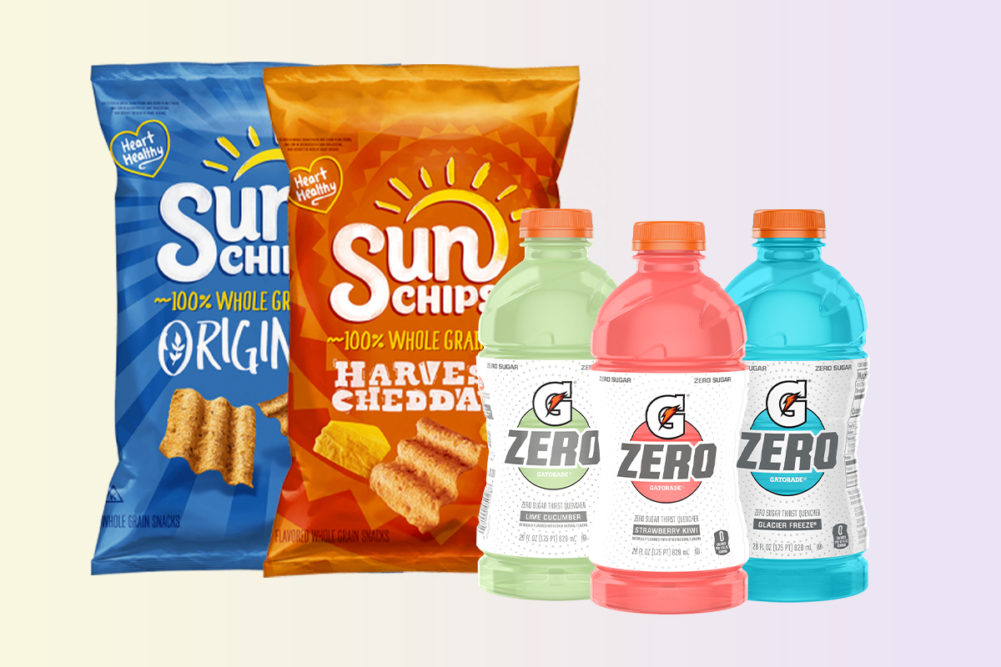PURCHASE, NY. — When it comes to snacks, consumers are pursuing permissible and portion control options. Meanwhile, the “unstoppable trend” in the beverage category appears to be non-sugar. Those were two takeaways provided by Ramon Laguarta, chief executive officer of PepsiCo, Inc., when asked by an analyst during a recent conference call to dive into consumer preferences over the past few years.
“In beverages, non-sugar is growing three times the speed of full-sugar,” Mr. Laguarta noted during a July 12 conference call in connection with second-quarter financial results. “So that gives you a sense of how consumers are, in the US, choosing with their choices. If you go more (to) developed markets around the world like Western Europe, the categories are pivoting very quickly to non-sugar. In the UK, for example, the non-sugar segment in beverages is already almost above 80% of the market. So clearly, in beverages, non-sugar is king.”
Mr. Laguarta said PepsiCo has looked to tap into the non-sugar trend through new innovation. In 2018 the company introduced Gatorade Zero, which has no carbohydrates or sugar. The brand extension allowed Gatorade to expand the consumer base to athletes who put a lot of emphasis on sugar and diminished the frequency they had been consuming the beverage to move into other opportunities.
He called Gatorade Zero a “huge innovation” for PepsiCo, noting the brand has generated $1.5 billion since its debut and has been expansive to the category and in recruiting new consumers into the brand.
“So non-sugar, I think, is (an) unstoppable trend in the beverage category, something we’re leaning in with our R&D, something we’re leaning in with our commercial strategy with the customers,” he said. “Every brand has a non-sugar leg that is going to be the focus leg for the brand in the foreseeable future.”
In the snacks category, Mr. Laguarta said he sees consumers “voting with their money” when it comes to health and wellness.
He said PepsiCo is seeing stronger growth for what it describes as “permissible snacks,” or those products that are baked or popped instead of fried. He also said the company is seeing continued interest in portion control.
“Portion control is a huge consumer idea,” he said. “How we’re eliminating some of the brakes, if you want, in consumers’ mind to have higher frequency in our categories is portion control. We’re seeing in snacks a huge growth on small format, multipacks or not only it’s portion control but variety.
“And we’re seeing that also in beverages where full-sugar products are going to smaller portions, right, like mini cans or some other formats that give the consumer a little pleasure … without a lot of calories. So I would continue to bet long term on health being one of the vectors that consumers are choosing.”
Other trends Mr. Laguarta said PepsiCo is seeing include indulgence, functionality and having a “social moment.”
“There’s a lot of vectors in our categories, and that’s the beauty of our categories,” he said. “They attract a lot of consumers because of the multiple occasions. But I will continue to bet on health being one of the vectors of choice for the consumer. And that’s part of our innovation strategy and how we’re trying to move the categories long term. And it’s part of the success, if you think about the sodium reduction, the fad transformation, the sugar reduction in our products, a lot of the R&D investments we’ve been putting in the company in the last many years are starting to pay back in (that) we’re giving the consumer the option to make choices with no trade-offs in taste or any of the other key category choices here.”





